By JÖRG WOLLSCHLÄGER | In the following interview (9.7.2022) by Roman Balmakov (The Epoch Times) with the leader of the Dutch party “Forum voor Democratie”, Thierry Baudet, the astute thinker sheds light on the real background to the planned expropriations of the country’s hard-working and economically very successful farmers. The hidden agenda, he says, must be distinguished from the advanced one. He exposes the agro-ecological nonsense of a plant community arbitrarily determined by EU bureaucrats as a measure of success. In order for this to flourish, stricter limits are set for nitrite and nitrate content in water and soil, which would mean the end of intensive livestock production in the affected regions….
Thierry Baudet is a charismatic politician with Huguenot roots, hence his Francophone surname. He is an educated citizen who appeals mainly to the academic middle class and students. He has clashed with the “climate mafia” in particular on several occasions, speaking of a “masochistic heresy, secularised flood belief (…) a mania similar to the death cult that once afflicted the Easter Islands” when it comes to climate protection measures. He was one of the first opponents of the Covid measures in the Netherlands and is strictly against further waves of mass immigration. Among other things, he repeatedly called for the preservation of a “boreal world” and a Europe that is “predominantly white (and) culturally (as) it is.” He does not back down from these statements. From the political left he therefore reaped accusations of racism [link, link, link].
This video from Bloomberg [link] offers a good introduction to the interview. It shows the basis on which Europe’s most advanced agricultural production functions and how a small country managed to become the second largest agricultural exporter in the world.
Interview with Thierry Baudet
RB: Good evening and welcome to a very special episode of Facts Matter, here from the Netherlands! We are in Amsterdam reporting on the farmers’ protests that have sprung up all over the country. Farmers are fighting against the regulations passed by parliament, which are basically shooting many of them in the knee. They told me that between 30 and 50 % of the local farmers would have to stop their business. So it is very important for them. We have been travelling around the country for the last three-four days talking to farmers, truck drivers and the people who support them, the scientists who explained to us what the whole nitrogen debate is about. We were even able to talk to a member of parliament who is part of the opposition party that is fighting against these requirements. We will publish these interviews one by one over the next few days and today we start with MP Thierry Baudet.
TB: How is it possible in an age when everyone is talking about the danger of food shortages, of endangered supply chains, that the Dutch government is pursuing this policy that will lead to even greater dependence on international supply chains and thus greater insecurity for Dutch consumers?
The answer is that they, the people who govern this country, are following the guidance of the EU to implement what they call the Great Reset! They want to make us more dependent on international supply chains, they want to weaken Dutch sovereignty and autonomy and they also want to continue mass migration to the Netherlands. If you bring more people into the Netherlands, which is a very small and densely populated country, then you have to take the land away from the farmers and you can put houses there. That is the agenda, to turn the Netherlands into a huge city, without its own means of production, without autonomy in terms of sovereignty and also in terms of food production. They want to make people dependent on the international rulers, the globalists, who are trying to take over power.
RB: That was a question I have: the apparent reason is nitrogen to close all these farms and then the solution would be to close so many farms that exported billions of dollars worth of food, right? You are the 6th largest exporter in the world. For me it was a shock: how can closing half the farms be the solution? Many of the people I spoke to said they are not even involved in the talks, they are not invited to the negotiating table to work out a solution. They say it’s because the politicians don’t want to fix the situation, they don’t want a solution, that’s just the excuse they use to push something else through.
TB: Exactly. I’ll give you a quick, brief update on the situation regarding the whole nitrogen agenda and how it came about. In the 1990s, the European Union introduced the Natura, which means Nature, Nature 2000 directives. This means that certain areas in Europe were singled out for the preservation of certain forms of vegetation and as it happened the Netherlands was singled out to protect moss, clover, certain types of grass and other forms of vegetation that thrive in quite nutrient-poor conditions where there are not many things for plant nutrition. Nitrogen by itself, more nitrogen dioxide would not be a problem in the Netherlands for nature.
It would be a problem the specific vegetation targets set in the Natura 2000 guidelines. The politicians here are not willing to do the simplest thing anyone would do to protect Dutch national interests: write a letter to the EU.
“Hello EU, we no longer care about these stupid directives, there is enough clover and moss elsewhere in Europe, we will protect our farmer and we will have more trees and other vegetation that would be a consequence of slightly higher nitrogen dioxide levels.”
That would be the logical thing to do. They don’t do it, they stick with these bureaucratic rules that somebody set 20 years ago. The Netherlands would have a certain percentage of moss and clover and grasses. In fact, the real agenda behind this is that they want to have a stick to beat the farmers with. It’s not just about allowing constant immigration, it’s also about something deeper, a perhaps spiritual thing behind it. Farmers and people in general who live on the land and live from and with the land, they have a strong connection to history, they are proud of their family farms that have been in the family for several generations. So they are not post-modern, a-historical, a-national people, they are proud family people who have their own farm, who live off their own land, who have a connection to the history, to the nature of this land. Therefore, they are a real threat to the globalists with their a-territorial, post – identitarian agenda. It’s really about the Great Reset, mass immigration, supranational government, that’s why people have to be atomised. They have to lose their connection to the land, that’s why they are attacking the peasants.
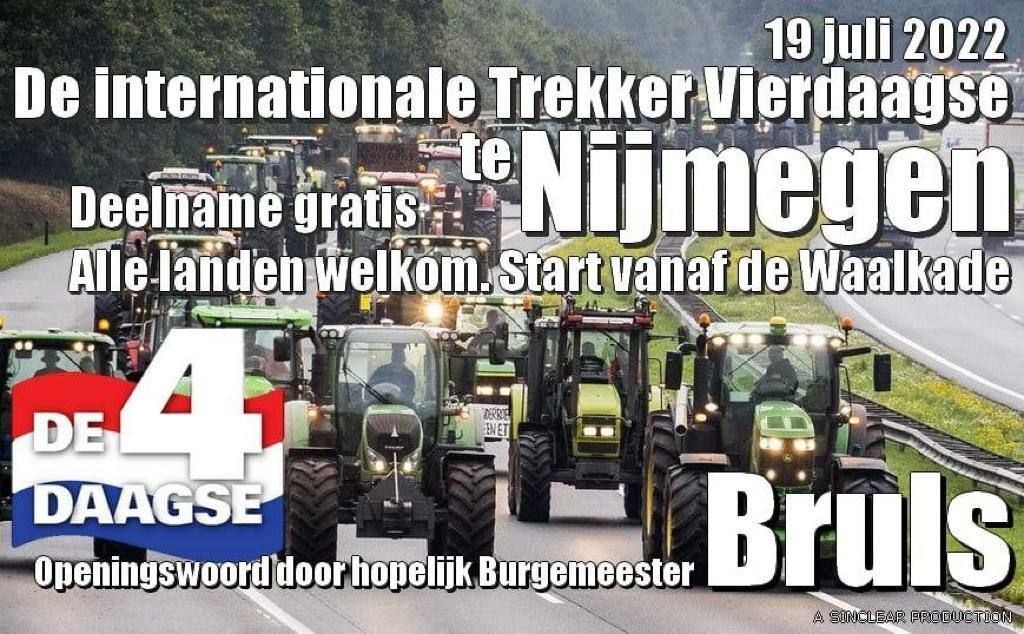
RB: You said earlier that one of the reasons why they are implementing this plan is to build more housing projects across the country for more mass immigration.
TB: Exactly.
RB: Is that an openly admitted goal? Or is that merely the implication and do you think that is their underlying intention?
TB: It is not an openly admitted objective that is part of the same government agenda. They are doing this as if it is an isolated phenomenon, but it is an openly stated objective of this government to continue mass migration and even our current Minister of Housing was caught on camera all over the country pointing at farmland and saying, we will probably house people there in the future. Putting one and one together, it is absolutely obvious that this is part of the agenda. But they do not formally say: we are now expropriating farmers to build houses. At least they have the wisdom not to say so. Anyone who is bright and can see the connections will see that this is the plan.
RB: You are a parliamentarian, you deal with these people, you understand their thinking. Are they even thinking about the economy or the income of the people who will be affected? It’s not just about the farmers. If one farmer suddenly sells half his cattle and everybody has to do that, the price of cattle will collapse. Who will you sell a cow to if everyone sells a cow? What about the cheese makers, the truck drivers? All the people who will be affected by this, is this actually being discussed in the halls of parliament?
TB: Well, the question is very good because I’ve been confused since I became a parliamentarian, which was in 2017. These people and I think that’s true of most politicians in the West. They are micromanagers, which means they can only think about a tiny little aspect of a bigger agenda. What happens in parliament is that we have all these discussions and debates about one aspect, for example, the nitrogen issue, or what price farmers will get when they give up their land. Nobody talks about what that means in the long run, do we still have the possibility to have our own cheese, our own meat in the supermarket. If we really want to continue this mass migration and if our population grows. I’m against it, but that’s what they want. How will that affect nitrogen emissions in general. That is another totally illogical aspect of their agenda. They say they want to reduce nitrogen dioxide emissions . But if you bring in 100,000 people a year net, then nitrogen dioxide emissions are going to go up anyway. Nobody is doing these bigger analyses, what happens to the economy in the long run? How do our policies fit together without contradiction? That’s one of the great tragedies of democratic politics, that these very small-minded and narrow-minded people … and of course the larger agenda of the globalists, there are people who think about it and who see how all these things make sense and all mesh together. But I’m afraid there are a lot of very stupid people here who can’t understand how disastrous their policies are.
RB: Your last comment was really pessimistic. With all the protests going on, the farmers being joined by the truck drivers, being joined by the fishermen, you don’t think they will have an -effect on parliament?
TB: There is a possibility and I have also said this on the internet and on social media: if they go on strike, do a general strike, if they don’t supply us with fish, they don’t supply us with meat, milk, they don’t sell their cheeses to the supermarkets anymore. If they seriously say: that’s enough, stop! This is our struggle for survival, then after about 3 or 4 days, you will see it in the supermarkets. And people will say: I am hungry, where is my food coming from? But that can only happen if the farmers and the fishermen and all the people and maybe even internationally, form a coalition and don’t deviate from that. We would support that.
I fear what will happen is that there will be aggressive demonstrations and public opinion will turn against them. The government will just increase their offers a bit, they will pay a bit more money and some people will agree and that will break the unity of the protesters. Some people will say, yes I’ll take my share and try something else or send my kids to university or whatever. I’m quite pessimistic, I’m worried that on the one hand they will lose public support by demonstrating too crudely instead of just not delivering any more food and that many will choose their short-term self-interest instead of the long-term interests of the country as a whole.
RB: The last thing I want to ask you is that a lot of people in the world, certainly in the United States, are suddenly looking at the Netherlands. Everybody is focusing their attention on it. Every time I check my newsfeed, it’s about the food crisis in the Netherlands. And I think one of the reasons, even though it’s a local conflict here, it’s about this local parliament, there are similar goals being enforced in all over the world. In the US there is the Green New Deal, which is also about a whole set of emission standards. How cow farts are counted, for example, at least in the first draft. What would you say to people who are looking at this all over the world, in the different countries, and they see what is happening in the Netherlands what would you say to them and what should they look out for in the future?
TB: We are in this fight together! We have seen it through the Covid scam over two years, monstrous political decisions have been imposed on all our nations. We have seen it with mass migration. All our nations are being thinned out by the influx of people from completely different ethnicities and cultures and religions and so on from parts of the world. We are just being disinherited from our own created, from making our own food and from our connection to our land. At all levels, a radical agenda is being pushed, called sustainable development goals, as the climate hysteria, which is scientifically nonsense. There is no CO2 problem, but they are creating this delusion because of it. Eventually you will see a very small group of people who own almost everything get richer and richer and exert more and more control over our lives, we become weaker and more isolated and more atomised, poorer, without democracy, without purposeful ways in which we can express ourselves. All the censorship we see on the internet and if you look from a bird’s eye view you see this trend towards bureaucratic dictatorship being imposed on all of us. Only if we unite, if we overcome all the differences that have divided us for so long, if we fight against it together, will we win. We have to do it, it is the most vital struggle in the whole history of civilisation. We are doing it now and they want to be done with it in 2030, which is the year when they want to have achieved their goals, a globalist takeover. So we have eight years to fight this, let’s do it together!
RB: Thierry, thank you very much!
TB: Thank you very much!
The YouTube video of the interview is linked here.
https://twitter.com/thierrybaudet/status/1545695039531130880

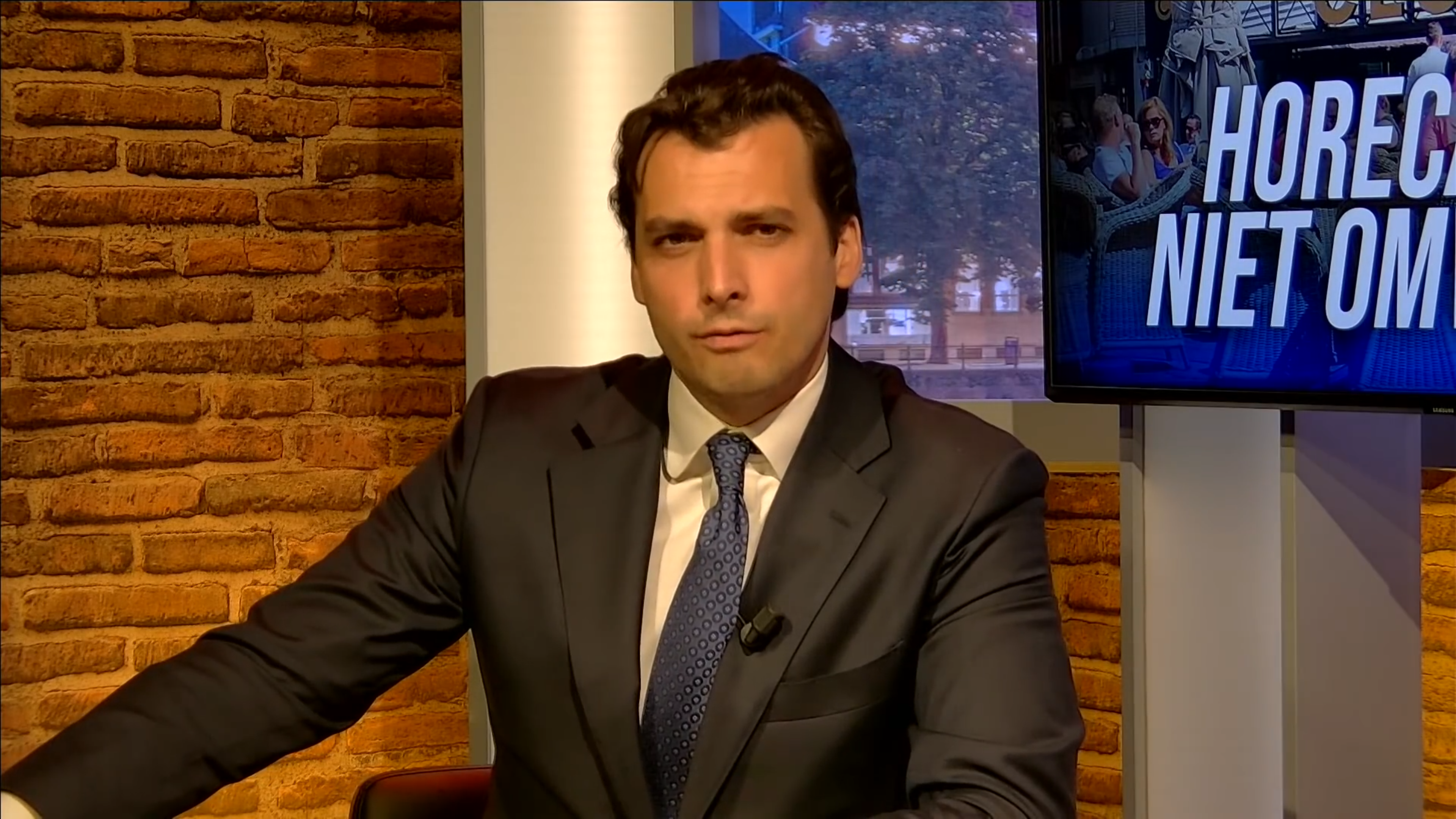

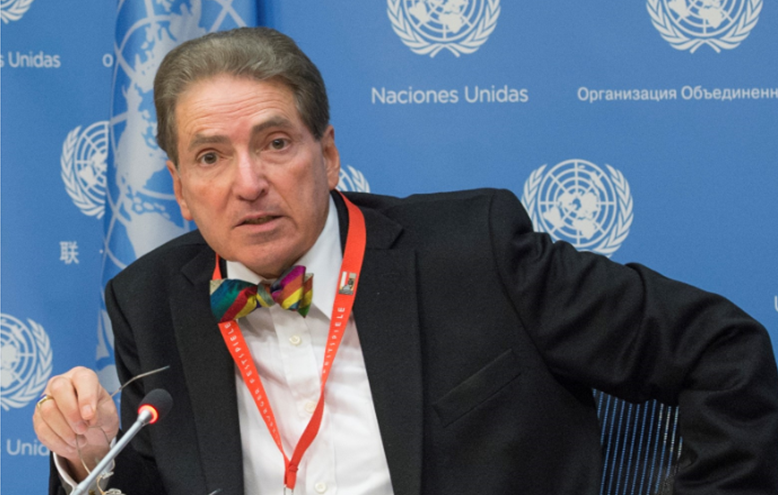
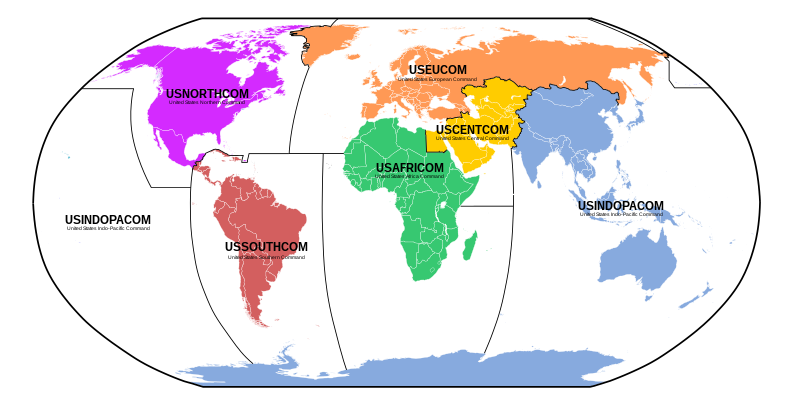
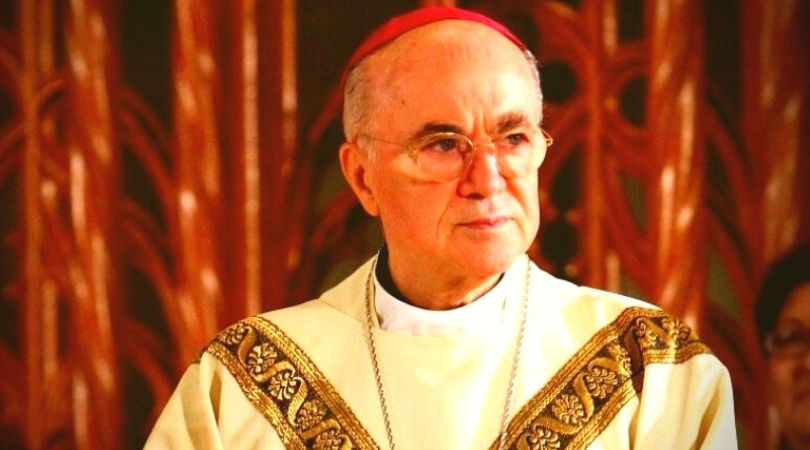

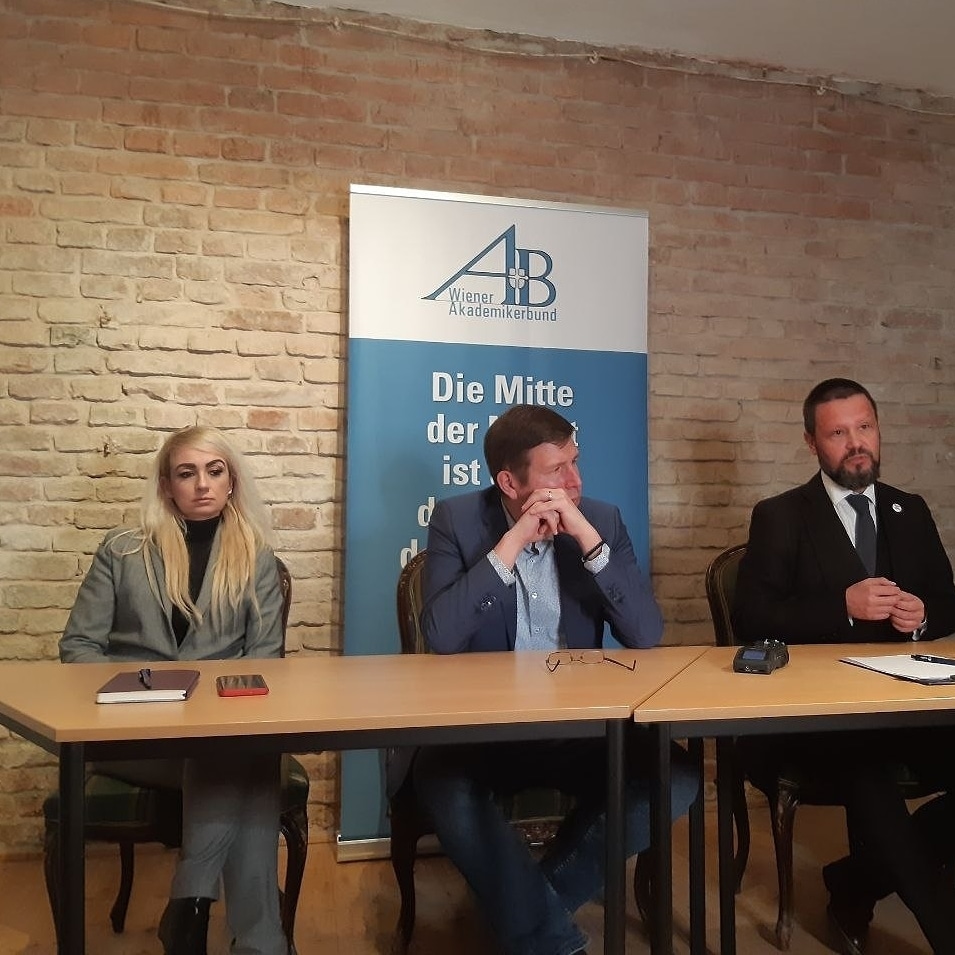
Der Text ist den meisten Lesern zu lang, und mir auch anstrengend. Um die Debatte der Stickstoffe in Dünge etwas zu erklären, nur folgendes.
Stickstoff ist ein Grundnahrungsmittel für Pflanzen, nicht für den Menschen.
Menschen Essen nie was Pflanzen nehmen, damit das jeder versteht.
Wir würden immer sterben.
Winning against the EU-NATO with its MIC, its neo-Stalinist supervision system and its African and Arabian sponsors?